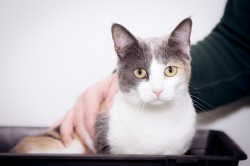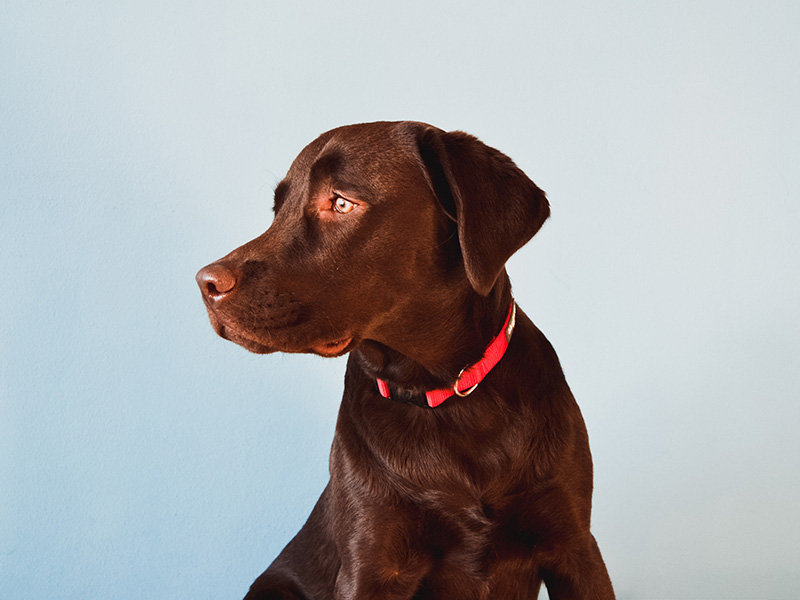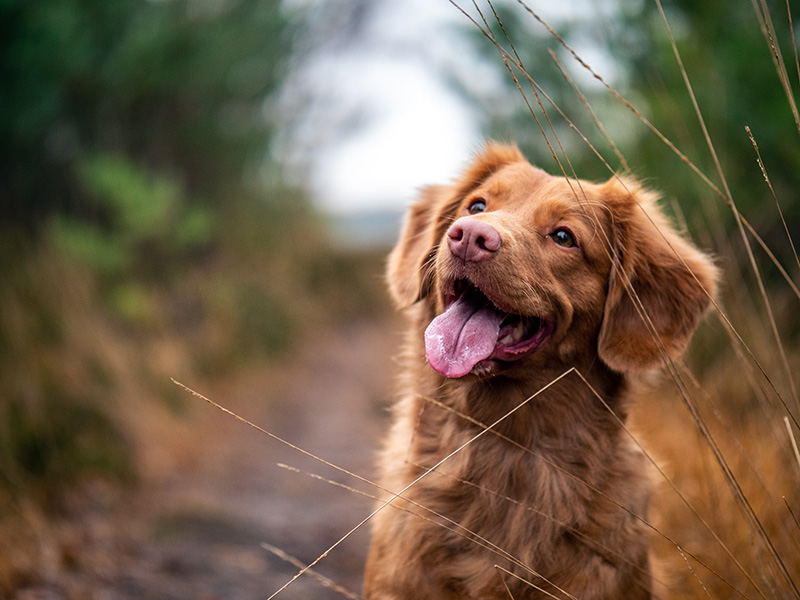Page not found
We're sorry the page you were looking for wasn't found or has moved, search our website:
Or take a look at our site map below:
We're sorry the page you were looking for wasn't found or has moved, search our website:
Or take a look at our site map below:


